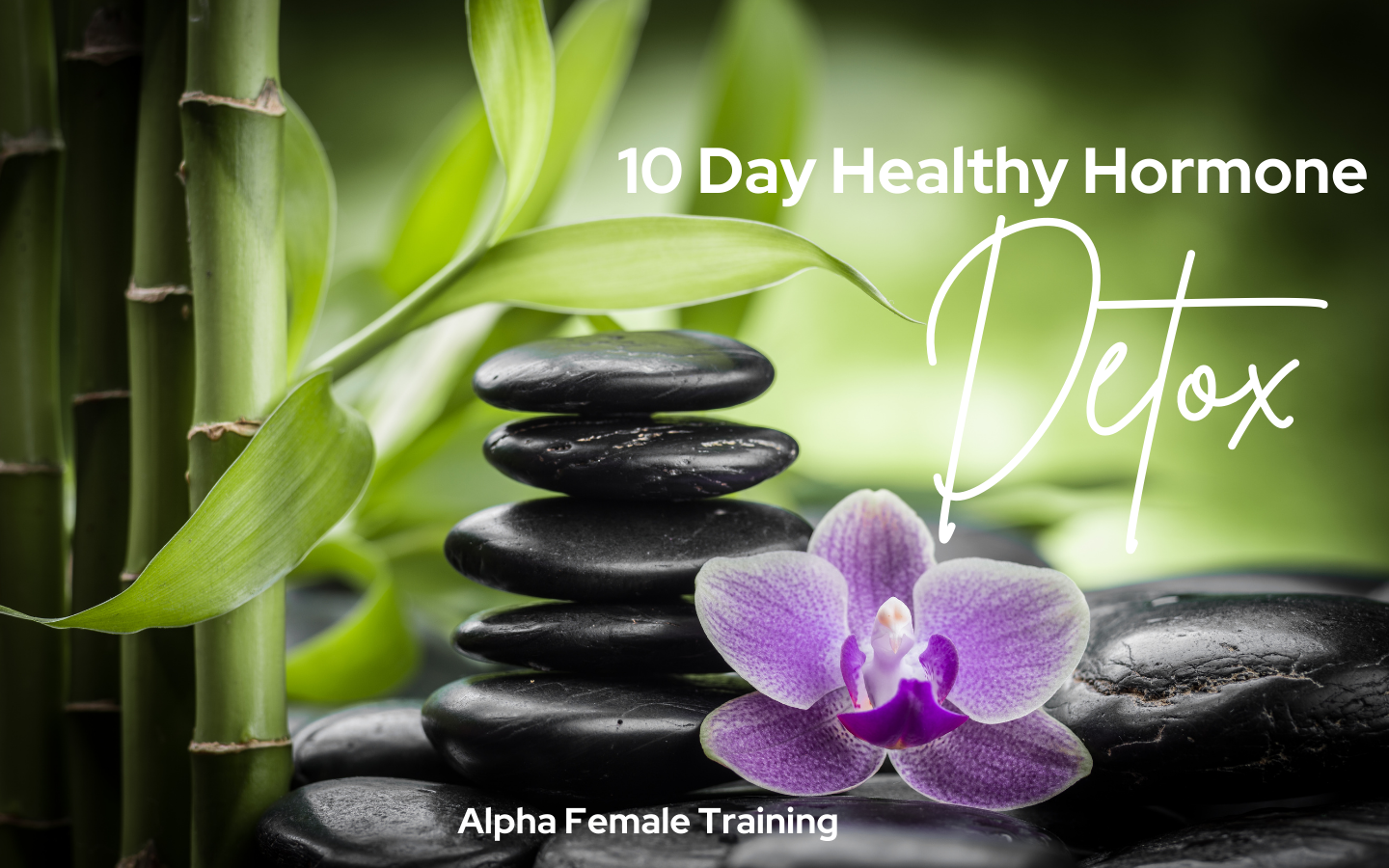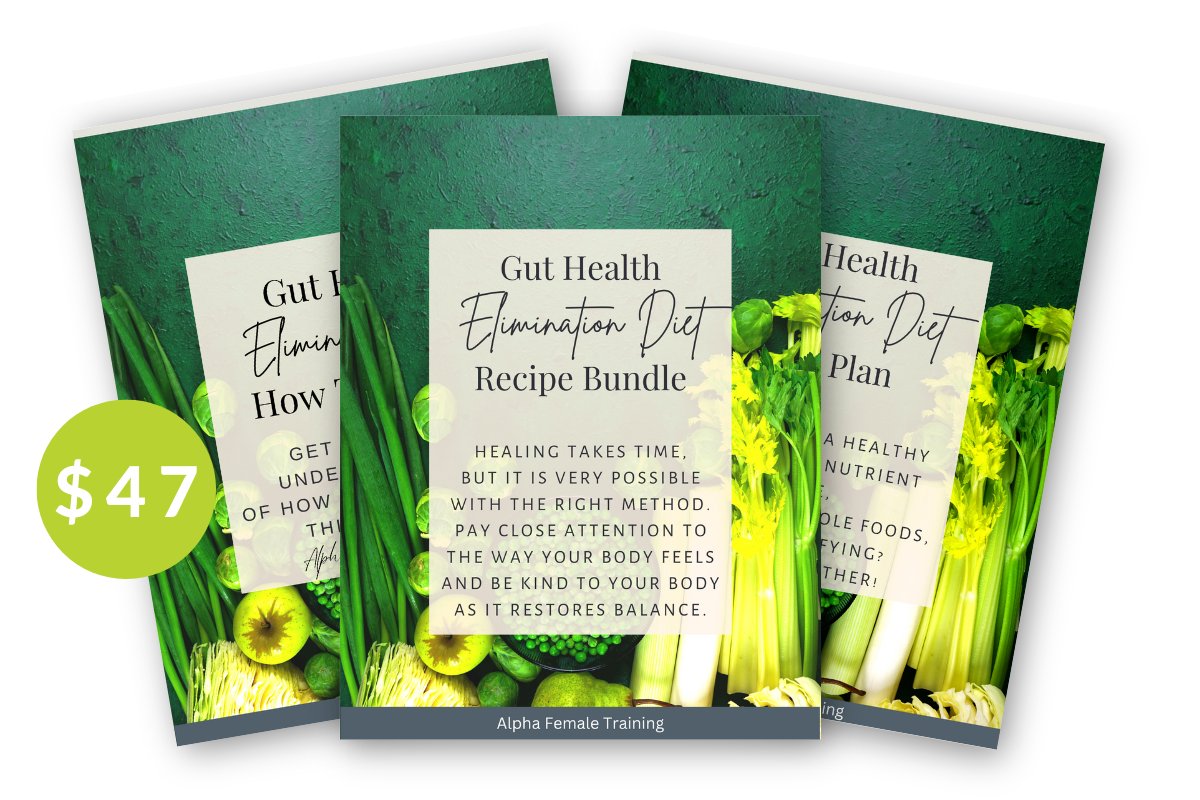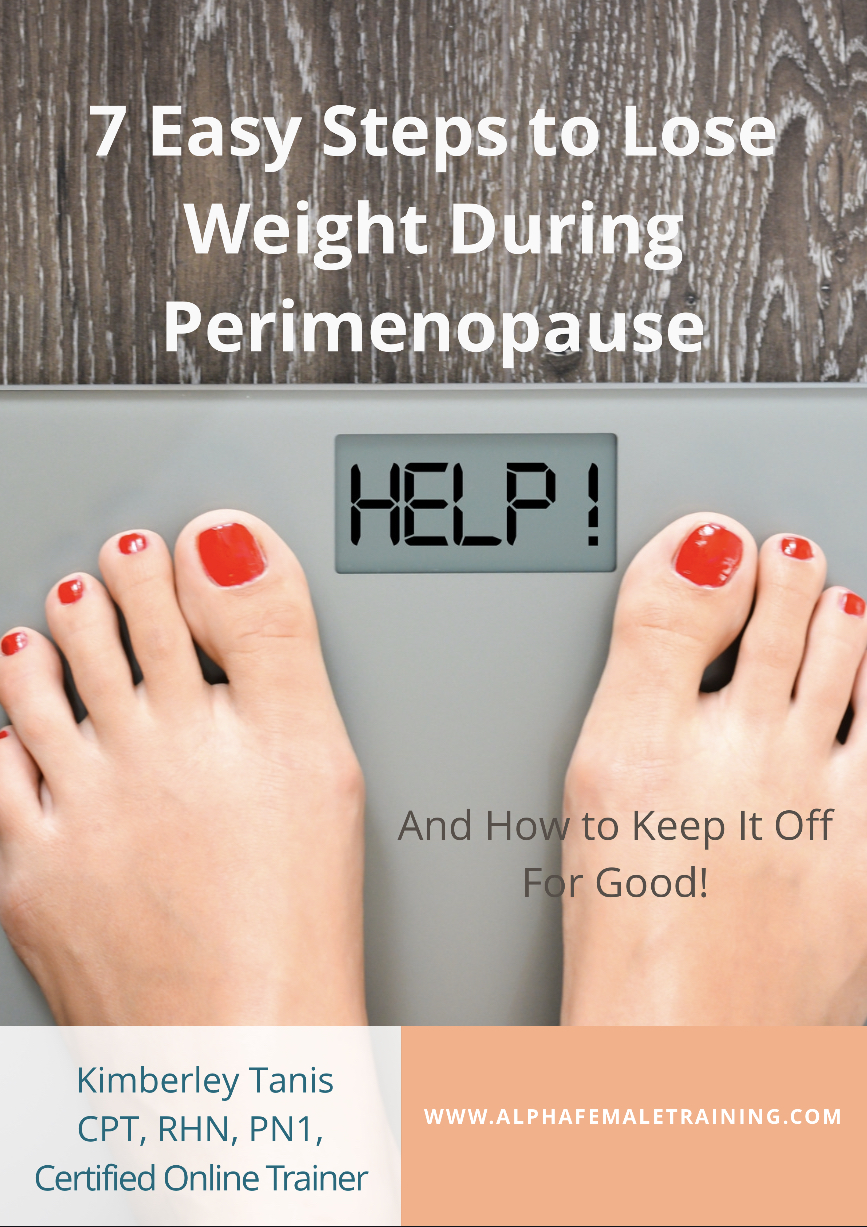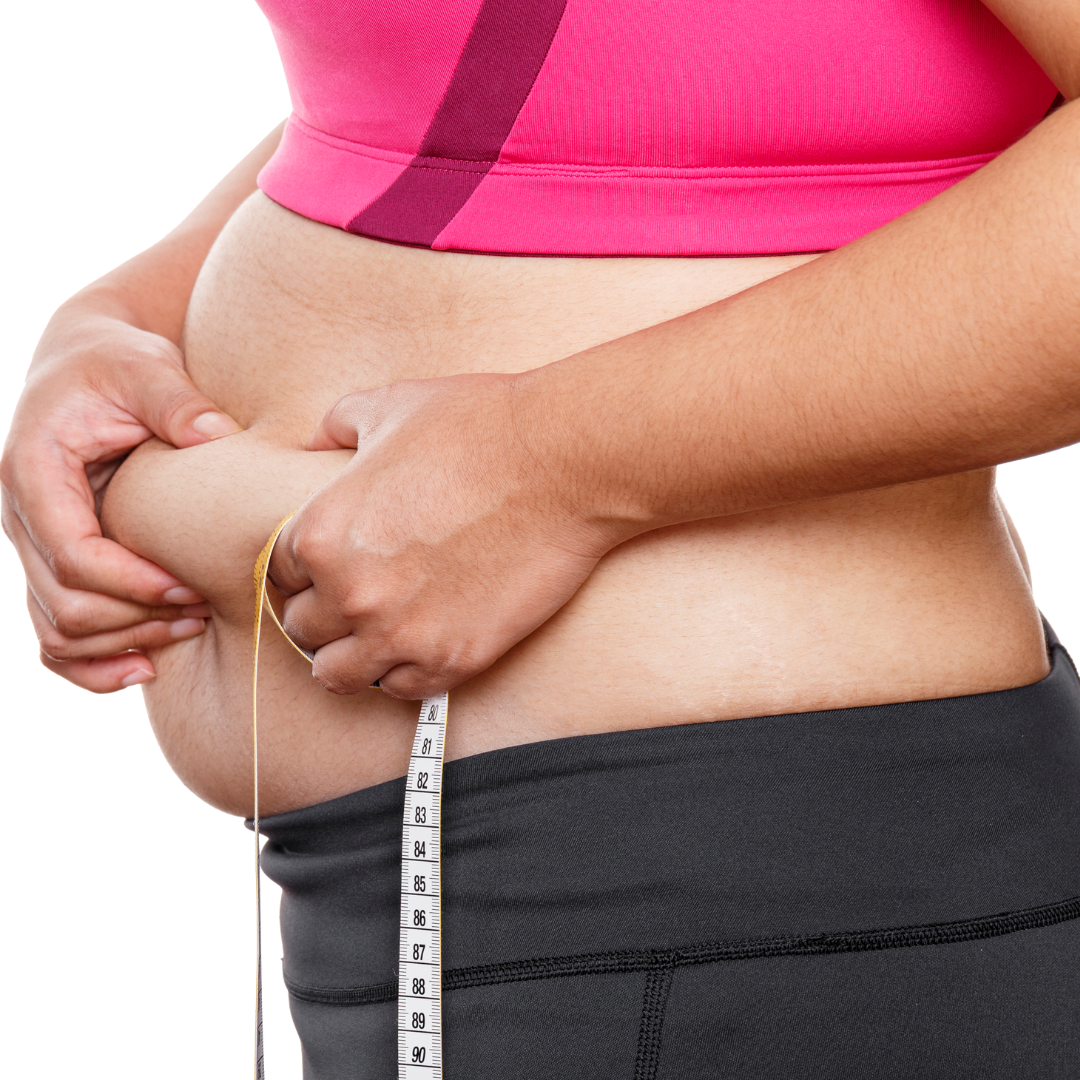Signs of Early Menopause
Perimenopause, a stage that can last up to 10 year (!!!), brings about alterations in our menstrual cycles such as erratic periods, heavy bleeding, flooding or spotting, and lengthened or shortened and very erratic cycles. Along with these changes, we may encounter hot flashes, night sweats, exhaustion, mental fogginess, mood swings, joint discomfort, and sleeping difficulties as signs of early menopause.
Typically, women begin to detect the initial signs of perimenopause in their mid-40s, and their last menstrual period will likely occur between the ages of 51 and 52, indicating that the perimenopausal phase occurs over multiple years. While symptoms are often mild during the early stages, they tend to get worse and become more aggressive as our final period draws closer.
Perimenopausal symptoms arise from hormonal imbalances, including estrogen, progesterone, testosterone, and cortisol, and they impact our physical, emotional, and cognitive well-being. After experiencing a year without having a period, perimenopause concludes, and we have reached menopause.
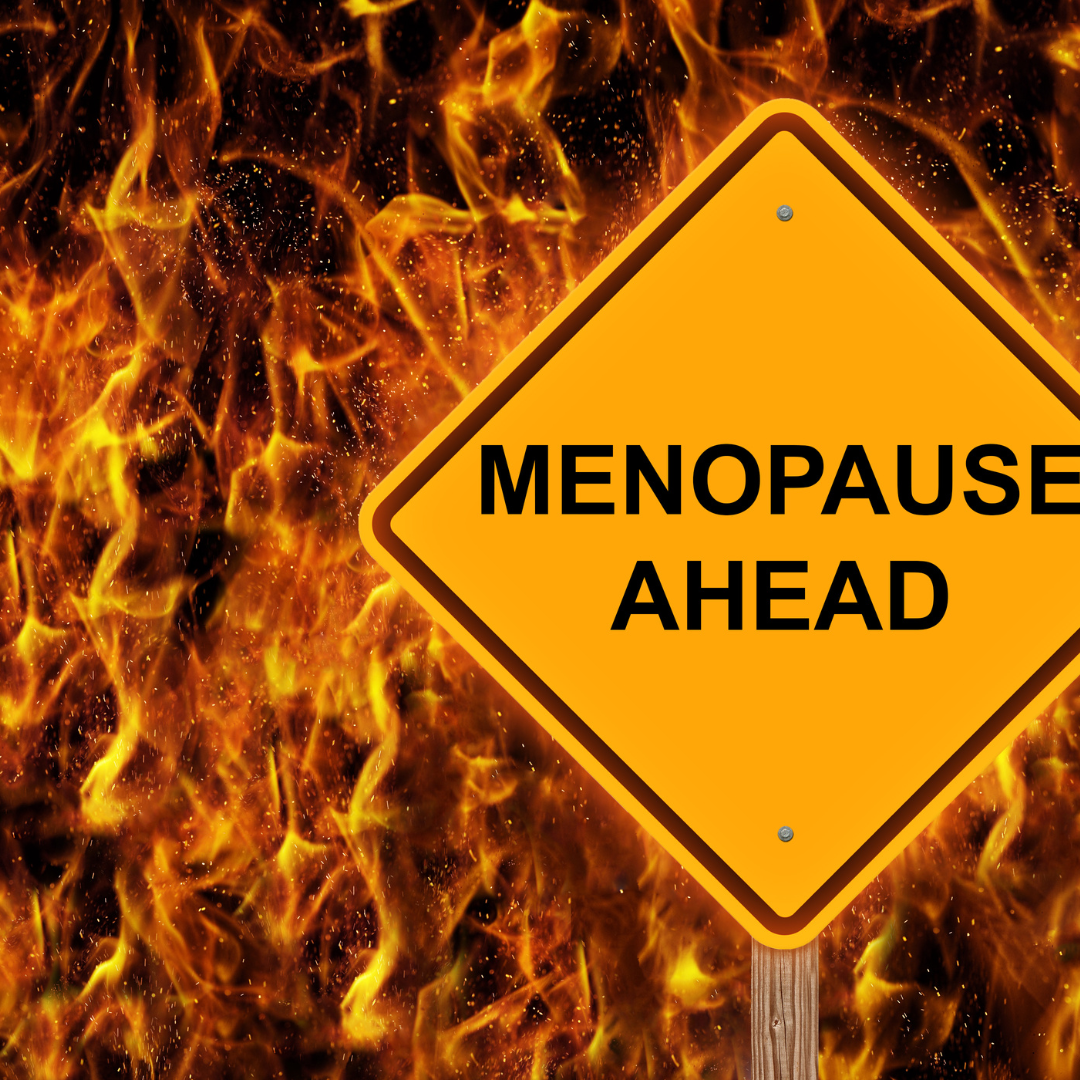
Please note that the menopausal transition encompasses three stages: perimenopause, menopause, and postmenopause, but people frequently just use "menopause" to refer to all three stages.
Every woman's journey with perimenopause is distinct. Numerous factors, such as when it arrives, craziness of symptoms , and how severe they are for you, contribute to the uniqueness of this time in our life. Remember that you are not alone on this journey, and there are natural ways to alleviate your symptoms.
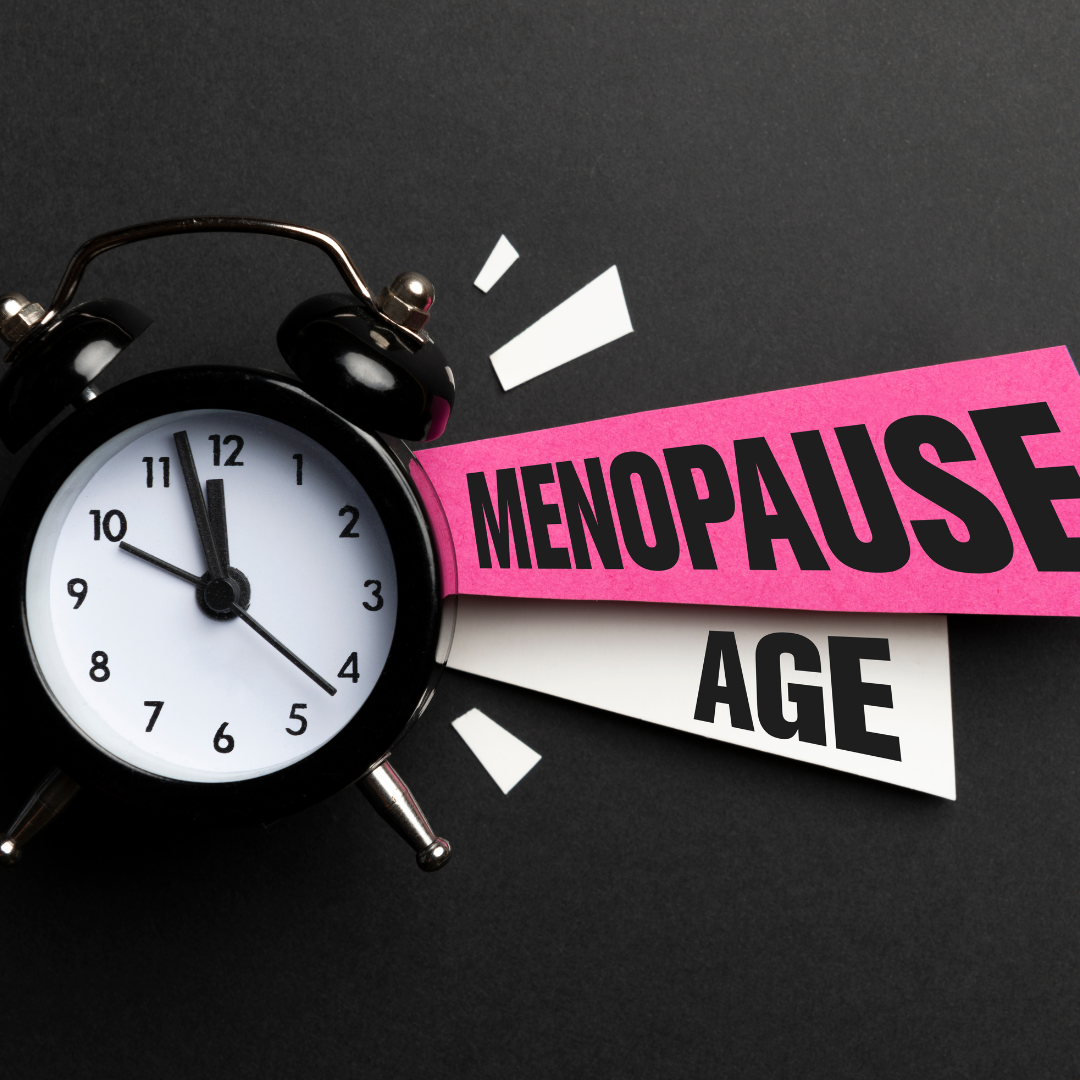
How do you know if you're in perimenopause?
When it comes to diagnosing perimenopause, doctors usually consider your age, menstrual history, and symptoms. A blood test isn't usually helpful since hormone levels fluctuate frequently and can differ from month to month. Many doctors are not helpful and will write off your symptoms. The reality is that you are the expert on you and as a woman you will know when things are 'off'
Confirmation of being in the menopausal transition usually comes closer to actual menopause, when you haven't had a period for a year, and a follicle-stimulating hormone test (FSH) can verify it. As you approach menopause, your vaginal tissue and cervix may undergo changes due to low estrogen levels, which your gynecologist may be able to identify.
For women under 45 who experience menopausal symptoms which is considered to be early, measuring FSH levels and other tests might be necessary to diagnose premature or early menopause.
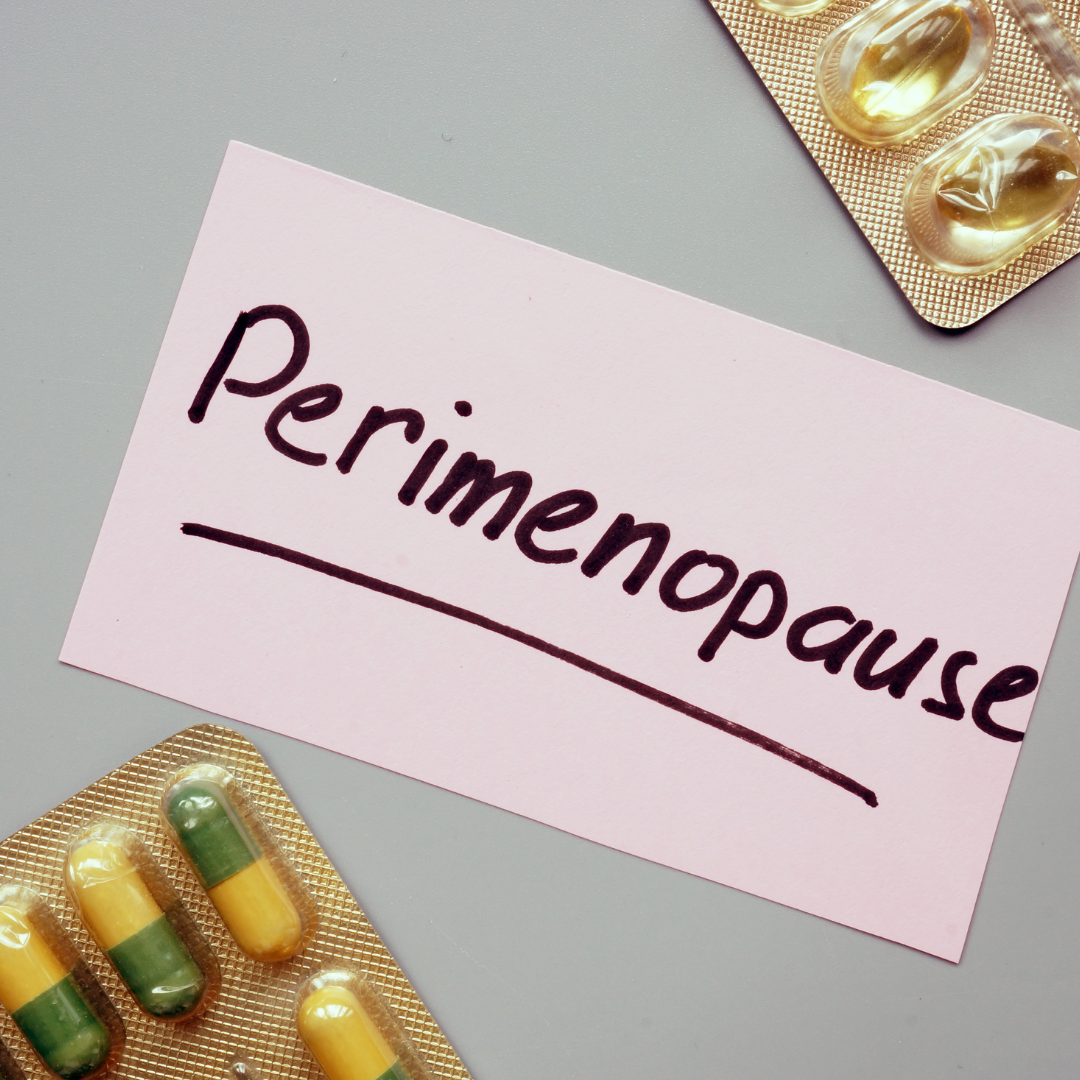
Early Perimenopause
As women enter early perimenopause, they may notice weight gain, particularly around the waist. This is because the belly produces and stores estrogen, and as hormonal levels shift, the body tends to accumulate both subcutaneous (the stuff you can pinch) and visceral (internal organ) fat stores. Even if a woman continues to eat and exercise the same way as before, weight gain can still occur.
Unfortunately, many women resort to crazy dieting during this stage in an effort to lose weight. However, extreme measures like skipping meals, adopting super low-calorie, low-carb, low-fat, or restrictive diets can cause stress on their body, causing more hormonal symptoms and weight gain.
If you're struggling with weight gain during menopause, it's important to seek out healthy and sustainable ways to manage it. There are many resources available to help you learn more about effective menopause weight loss strategies during this stage of life.
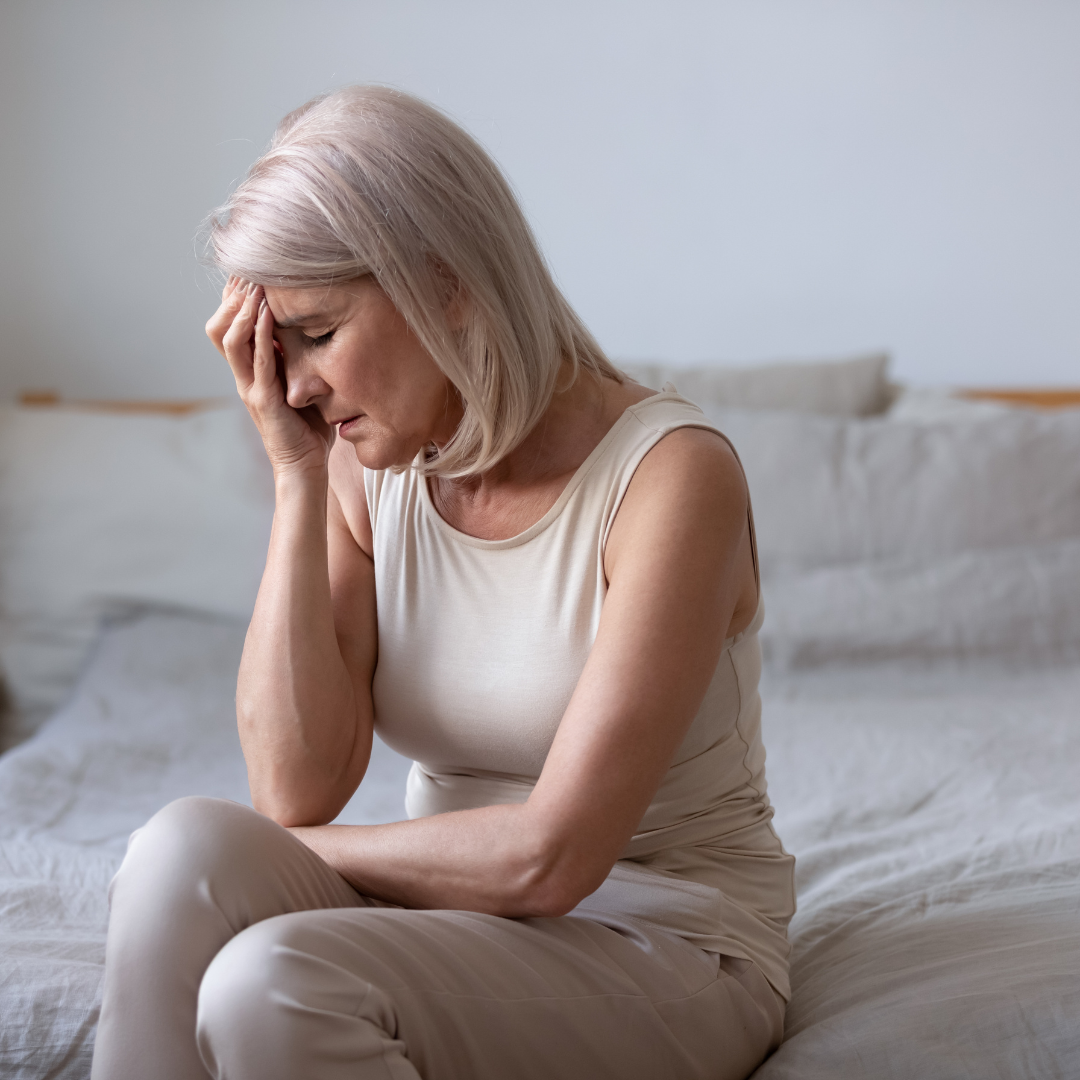
Mid and Late Perimenopause
As you journey through perimenopause, you might experience various symptoms that come and go during the middle phase, such as sleep disturbances, hot flushes, fatigue, brain fog, and moodiness. You might feel alright for a few months, only to have the symptoms return again.
It's an absolute roller coaster and I always tell my clients that the only rule in perimenopause is that there are no rules!
In the late phase of perimenopause, the symptoms can become more frequent and intense. Your periods will become increasingly irregular, and you may go for two or more months without a period and then you may spontaneously flood for a week.
The year leading up to your final period can be particularly challenging in terms of symptom severity and again - weight gain. But remember, you're not alone in this journey, and there are many resources available to help you manage your symptoms and feel your best.
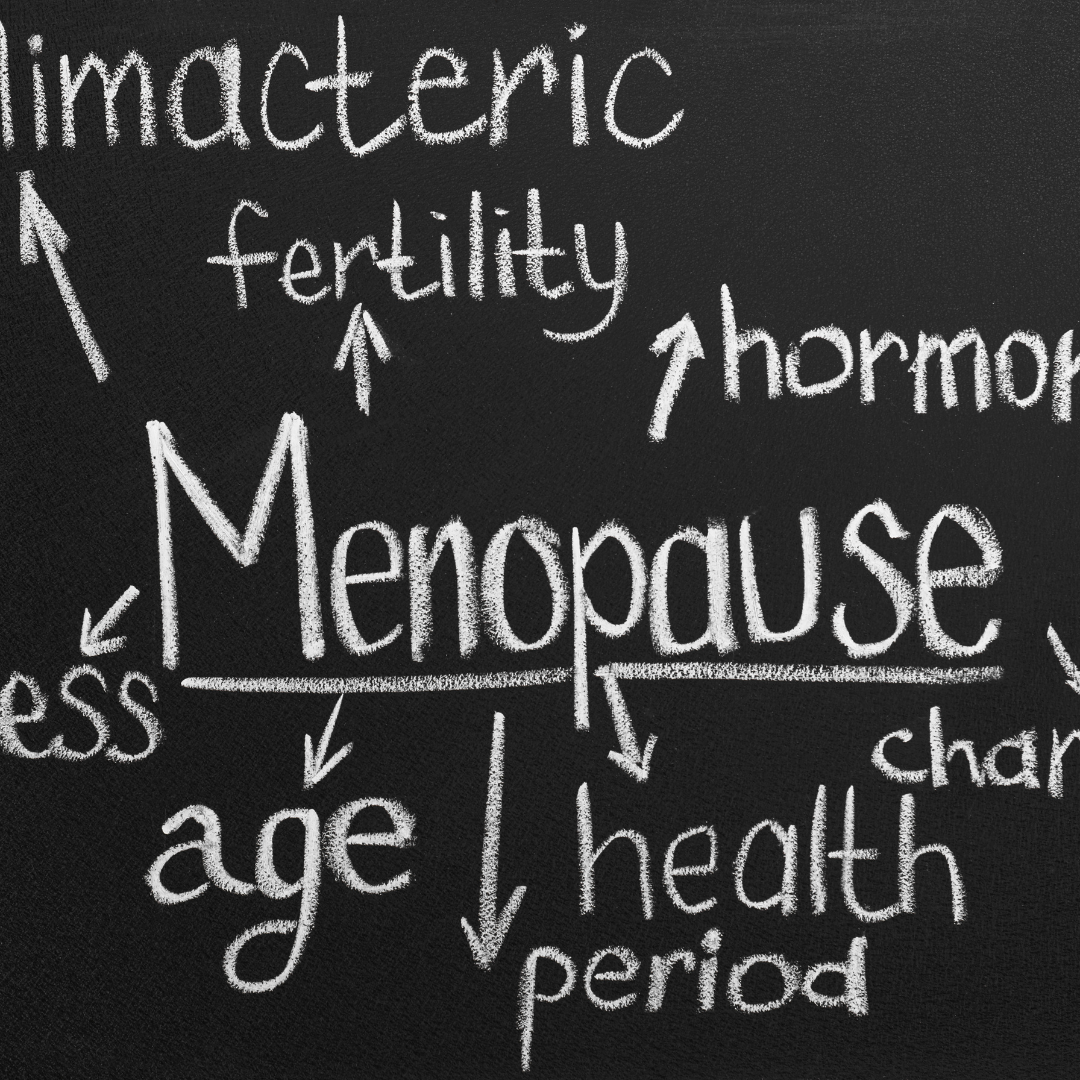
Some causes of signs of early menopause
Other factors can affect the earlier onset of perimenopause and menopause, meaning you start experiencing signs earlier than the average and arrive at menopause sometime after 45 years of age and before the age of 50:
- Starting your period early
- Smoking
- Not having children
- Chronic heavy drinking
- Hysterectomy
- Stress
On the other hand, if you’ve had children or take oral contraceptives or HRT, you may start perimenopause and enter menopause a little later. A small percentage of women still get periods into their late 50s.
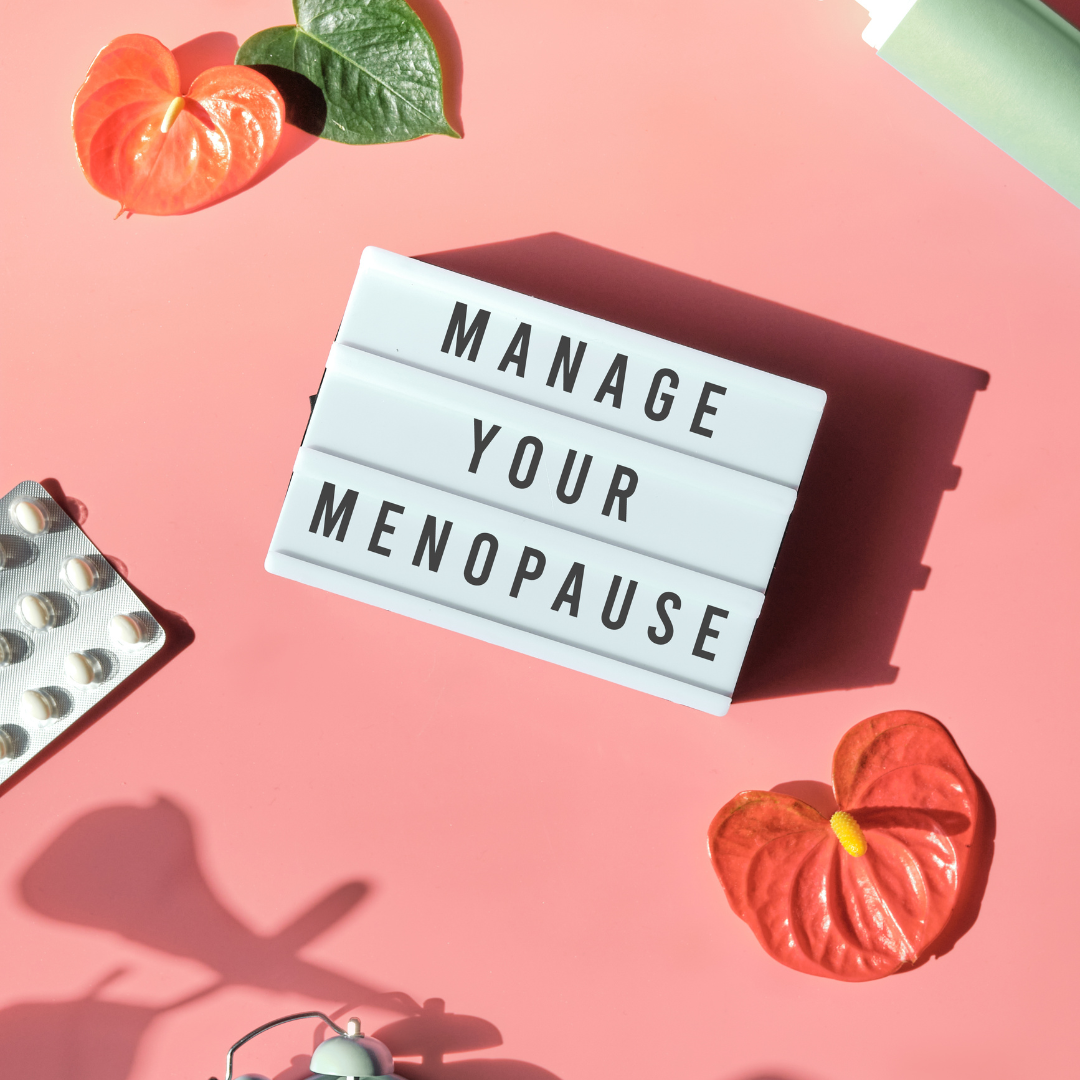
Most common signs of early menopause
Perimenopause comes with more than 30 symptoms that are physical, emotional, and cognitive. However, the combination and severity of symptoms vary from woman to woman. Here are some common symptoms you may experience:
Irregular periods: In the early stage of perimenopause, your menstrual cycle may remain regular, but as you progress, your periods may become heavier or lighter, longer or shorter. If you experience unusual bleeding, such as spotting between periods, heavy bleeding, or short intervals between periods, see your doctor to rule out any other underlying issues.
Weight gain around the waist: Due to lower estrogen levels and a slower metabolism, many women gain weight more easily, especially around the belly. Eating the right foods can help you lose weight naturally and improve your symptoms.
Poor sleep: Approximately 40% of women face sleep difficulties during perimenopause. Stress, hot flashes, temperature regulation, and bladder issues are among the various causes of sleep problems.
Moodiness: Hormonal changes during perimenopause can cause irritability, teariness, stress, anxiety, and other mood changes. You're not alone, and many natural ways can help boost your mood during this phase.
Fatigue and brain fog: Lower estrogen levels can cause physical and mental fatigue, leading to forgetfulness, trouble focusing, and problem-solving. Improving your sleep can also help reduce brain fog.
Hot flashes and night sweats: Changes in estrogen levels can make it difficult for your body to regulate its temperature, leading to overheating, sweating, and redness.
Low libido: Lower estrogen, progesterone, and testosterone levels can cause physical changes to the vagina, such as dryness and loss of sensitivity, which affect your sexual desire. Many women experience a significant drop in their sex drive during perimenopause.
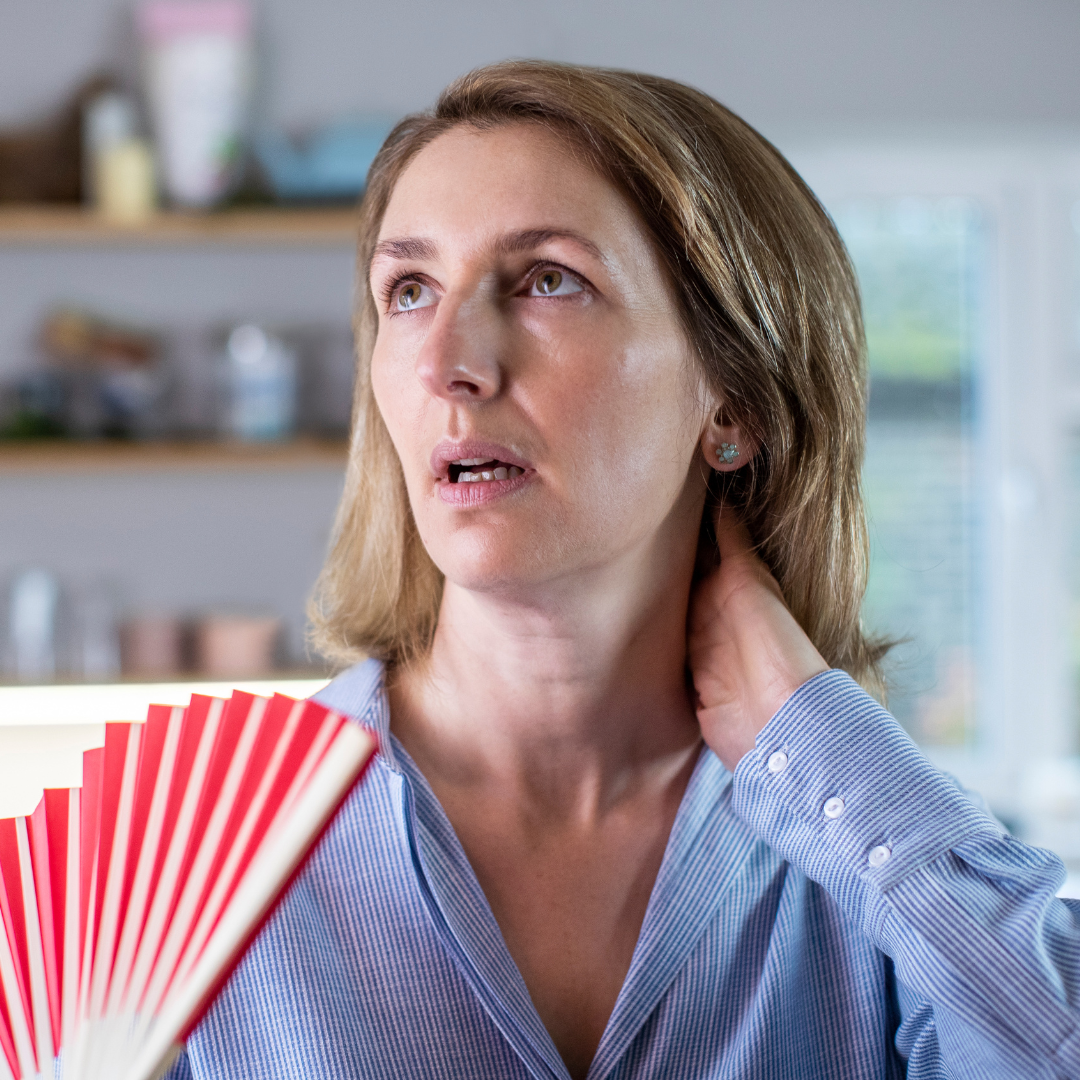
Does it get better once we hit menopause?
Yes, for many women, symptoms begin to improve once we reach menopause. Menopause symptoms like hot flashes, night sweats, low sex drive, vaginal dryness and weight gain around the waist will settle down once the perimenopause roller coaster has stopped.
Unfortunately some women will experience severe symptoms that might persist into their 60’s if they haven't made the lifestyle and dietary changes they need to.
Lifestyle factors you can control to help
Our hormones act as chemical messengers in the body, delivering instructions through the bloodstream to various systems and cells. The signals our body sends through variables like stress, inflammation, infection, nutrient levels, and temperature are part of a feedback loop that affects our hormones.
That's why factors such as nutrition, weight, fitness, stress, and lean muscle mass can impact the range and intensity of our hormonal symptoms. The choices we make can either improve our signs of early menopause or make them worse. If you enter perimenopause feeling exhausted, stressed, and unhealthy, your body may struggle more to handle the hormonal changes.

As women reach this stage in life, they tend to have a lot on their plate! Relationships, work, taking care of kids and parents, and social life - it can be a lot to juggle! But, it's important to make sure you take care of yourself too. Neglecting your health while juggling everything else can lead to more stress, which can make your perimenopausal symptoms worse.
The food we eat plays a big role in how we feel too. Unhealthy choices can trigger certain symptoms and make them worse, like caffeine and alcohol causing hot flashes, poor sleep, stress, and anxiety. But, making healthy choices can improve our ability to cope with hormonal fluctuations and improve our symptoms, like eating more plant-based foods to balance hormones and reduce inflammation.
Our overall health, weight, and fitness level also impact our perimenopausal symptoms. If our health isn't great, it can be harder for our body to handle the stress of perimenopause. Signs of early menopause can also make existing health conditions worse.
Plus, during perimenopause, our body composition changes, and we tend to gain more body fat and lose muscle mass. This can affect our metabolism, energy, and inflammation levels. Losing weight and gaining muscle strength can help us feel better during perimenopause and protect us against some diseases associated with menopause.

Most women go through perimenopause and may experience signs of early menopause of different intensities. While around 90% of these women consult a doctor for advice, only half of them take action to alleviate their symptoms, whether it be through traditional or alternative treatments. Since perimenopause is a natural process and not an ailment that requires a "cure," it's common for women to feel totally unsupported by their regular doctor or healthcare provider.
Perimenopausal symptoms can be tough to handle, especially when you experience exhaustion, poor sleep, moodiness, and hot flashes. These symptoms can make it hard to keep up with your regular activities and social life, causing you to feel isolated and alone. As a result, your self-esteem may suffer, making it even more challenging to deal with the changes.
Perimenopause can also affect your relationships. The higher levels of cortisol and lower progesterone in your body can make you less tolerant, more irritable, and prone to feeling short-tempered.
Furthermore, signs of early menopause can make it difficult to learn new things, perform well at work, and advance in your career. This can be a very stressful time of life, and you may face sudden and unexpected challenges.
Natural remedies for perimenopause
Perimenopause is a natural process of transitioning into menopause. While it can cause a lot of physical changes and symptoms due to the loss of sex hormones, our body can adapt and maintain our health and wellbeing in the long run.
We can aid this process by promoting balance within our body's systems and cells through proper nutrition, exercise, and lifestyle changes. Instead of relying on artificial hormone replacement, we can aim to balance hormones naturally. If you're seeking a natural way to feel better during perimenopause, read on.
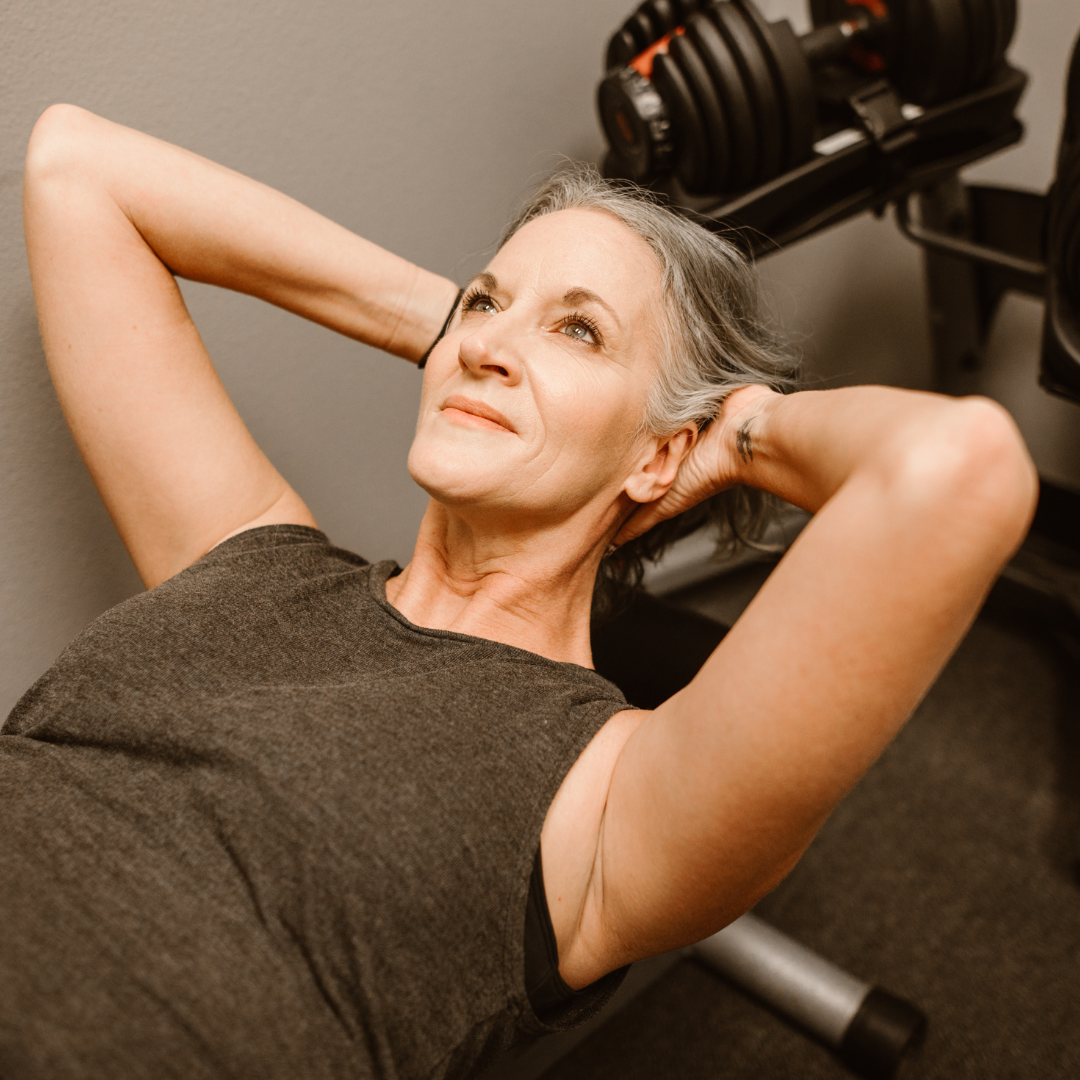
Perimenopause is a natural and normal process that every woman goes through. While the signs of early menopause can create some physical and emotional changes, it also presents a unique opportunity for us to take charge of our health and wellbeing.
By being proactive and making positive changes now, we can avoid long-term health issues and ensure a healthy and happy future. So let's embrace this transition and focus on the positive changes we can make to support our body and mind during this time.
It's empowering to know that there are things we can do to support our hormonal health and improve our overall well-being during perimenopause. We don't have to just accept the symptoms of weight gain, fatigue, brain fog, and moodiness. By making healthy lifestyle choices, we can feel better naturally.
During this critical time, the choices we make will have a significant impact on our hormones and health. Here are some steps we can take to feel better:
To feel better during perimenopause, you can optimize your nutrition, engage in gentle exercise, and maintain a healthy lifestyle. Here are some tips:
- Optimize Your Nutrition:
- Incorporate adaptogenic herbs and hormone-balancing plant-based foods into your diet.
- Follow nutrition principles to eat the right foods at the right time of the day.
- Get enough protein daily from various sources.
- Reduce your exposure to toxins.
- Engage in Gentle Exercise:
- Focus on full-body, low-impact, functional movements.
- Increase muscle density through resistance training.
- Minimize inflammation and stress.
- Maintain a Healthy Lifestyle:
- Support your circadian sleep-wake cycle.
- Avoid triggers that exacerbate your symptoms.
- Reduce stress levels.
- Manage your physical and your emotional energy output.

Would you like my help during this time?
I completely understand how challenging it can be to experience changes in your body and how it can impact your life.
However, there are several natural ways to manage your signs of early menopause and get you back on track. My aim is to equip you with the necessary knowledge to help you feel better quickly and naturally. By restoring balance to your body and hormones through natural means, you can regain your sense of wellbeing and enjoy life again.
Remember, you deserve to lead a happy and fulfilling life, no matter what your body is going through right now! My programs are created to help women like you look and feel their very best.


